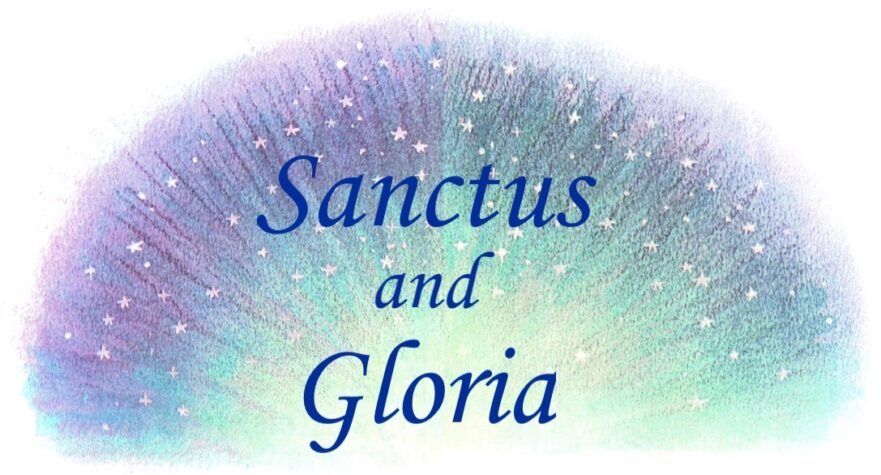Professor David Flusser investigates the Jewish background of the angel’s song to the shepherds, “Glory to God in the highest….”
Joseph’s Silence

Scripture does not record a single word Joseph ever spoke. But Joseph’s example of quiet faithfulness encouraged others to trust God.
A Nativity Meditation for 2016
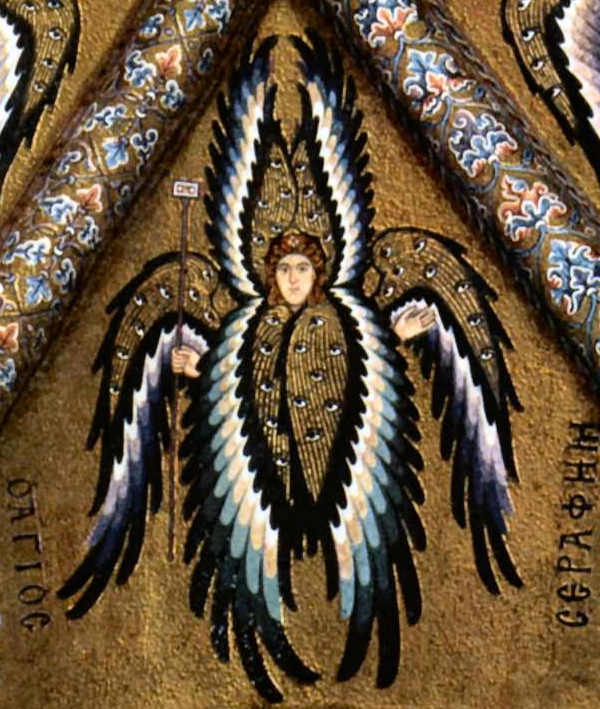
The messianic era dawned with a proclamation of God’s favor toward all humankind.
The Census of Quirinius and Luke 2
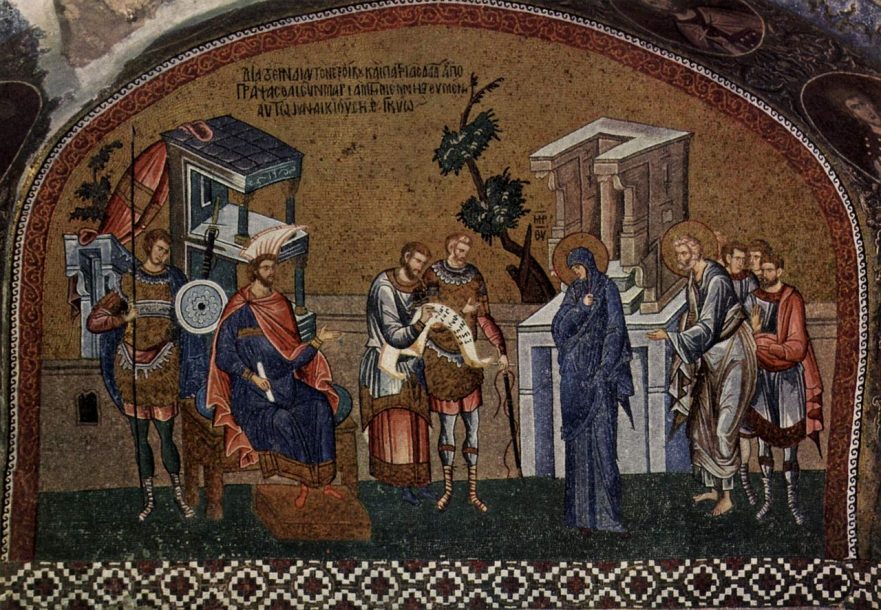
Modern readers tend to overlook the significance of the date of Quirinius’ census in the Infancy Narrative of Luke’s Gospel.
Feast of the Circumcision (New Year’s Day)
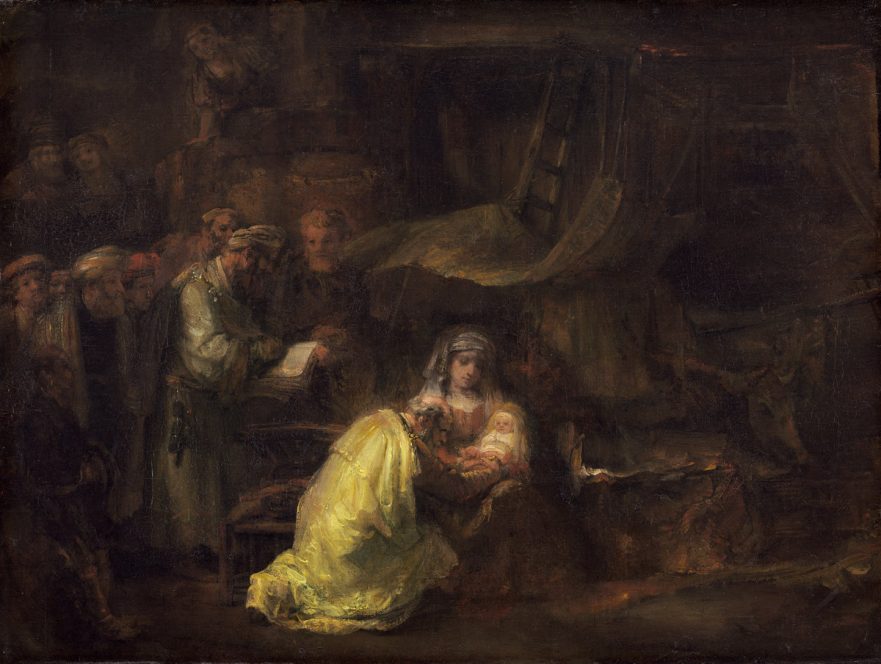
The first of January, celebrated around the world as New Year’s Day, is also the eighth day of Christmas and, as such, the Feast of the Circumcision and Naming of Jesus. Of course, no one knows on what day of the year Jesus was actually born, but since it has become traditional to celebrate Jesus’ birth on the 25th of December, it follows that the first of January is the day on which Christians celebrate the circumcision and naming of Jesus.
Matthew 1:1-25: In the Year of Jubilee?
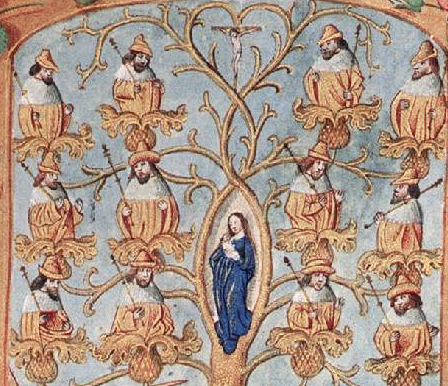
The genealogies of Matthew and Luke reflect diverging Jewish opinions about the time for the advent of the redeemer.
Be Not Afraid

Christmas approaches with its usual frenzy of decorations, shoppers, carols, cookies, and lights—all wrapped in joy, peace, and goodwill that is often, sadly, as thin as colored tissue paper. But this year, it’s even harder to “get into the spirit.” Hearts are heavy with grief and fear, especially following the deadly and deliberate attacks in Paris and San Bernardino, California.
Yet, another reality coexists with this present evil, just as it did on the first Christmas, when human misery also abounded—the reality of goodness.
Matthew 2:1-23: A Nazorean Shall Be Called

Where in the Hebrew Scriptures is it expected that the Redeemer will be called a Nazarene or come from Nazareth?
Evidence for Hebrew Roots of Matthew 1:21

The oldest known manuscripts of the New Testament were written in Greek, but by comparing Matt. 1:21 in Hebrew, Aramaic and Greek with the knowledge of the naming formula so common in the Hebrew Bible, we see that this verse only makes sense in Hebrew. Since the naming formula depends on a wordplay that does not work in Greek or Aramaic, Matt. 1:21, or the oral tradition behind it, had to be in Hebrew.
A Nativity Meditation for 2014

Again and again in the nativity narratives communication somehow breaks down. The story of Jesus’ birth begins with scrambled communications, but that is not where the story ends. In the course of the story, God works through imperfect people to give them the perfect gift of the Messiah.
Did women go through a mikveh (ritual immersion pool) after childbirth?

Scripture seems to say nothing about a woman washing herself either after childbirth or after her monthly period.
Jesus’ Devout Jewish Parents and Their Child Prodigy
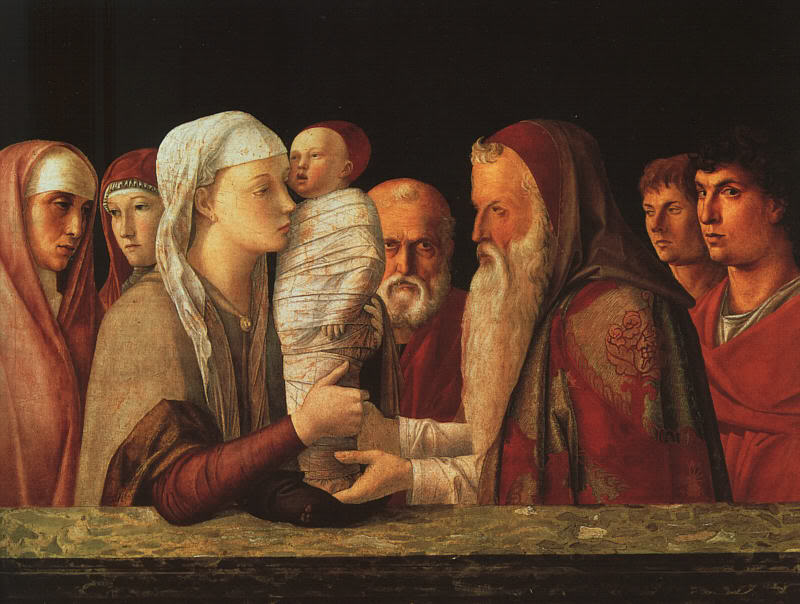
In the infancy narrative found in chapters one and two of Luke’s gospel, Luke has provided excellent character references for Mary, Joseph and Jesus. Jesus’ mother and father show piety far beyond the usual, and the young Jesus is eager to be in the temple studying Torah with the teachers of Israel.
No Room in the Inn?
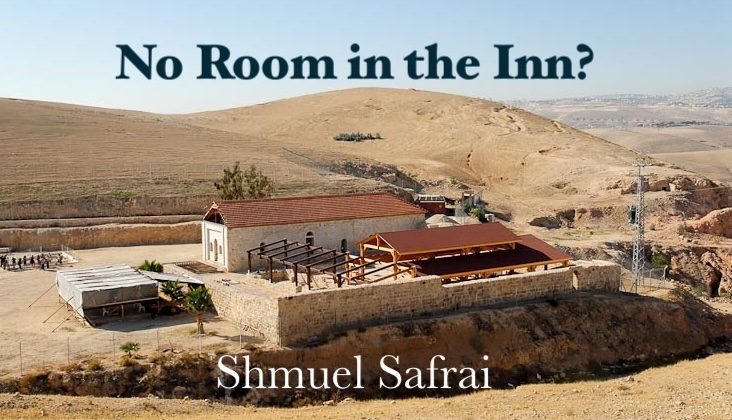
What was an inn like at the time of Jesus’ birth? Did it provide separate rooms, or was it like a dormitory with one big room?
“He Shall Be Called a Nazarene”

One of the titles given to Jesus was “Nazarene.” Where did the title come from, and did it have any special significance? Ray Pritz traces the title’s origins.
What Is the Priest Doing? Common Sense and Culture

Common sense is connected to cultural expectations. What is understandable in one culture may be opaque in another.
What Kind of Blessing Is That?

In some cases a more informed understanding of the original setting of the Gospels can be communicated easily in a translation. A good translation will reflect that fuller, culturally appropriate understanding.
The Sons of His Will

Christmas brings many carols and cards containing the words from Luke 2:14, “Goodwill to men” and “Peace to men of goodwill.” The angels praised God with words that in English may sound like a politician wishing us to “Have a nice day.” Most of us sense that these words reflect something deeper, but why did the angels use such seemingly innocuous words?
Pilgrimage in the Time of Jesus
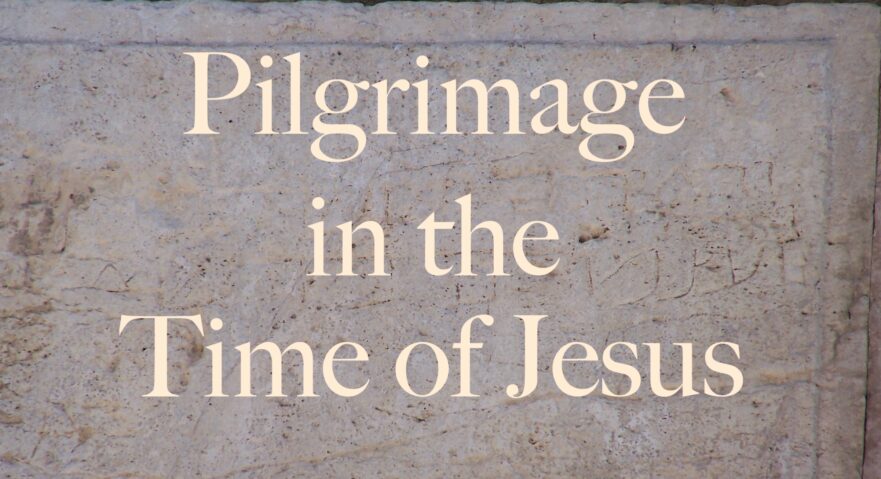
During the Second Temple period pilgrimage was associated with the festivals of Passover, Shavuot and Sukkot.
- Page 1 of 2
- 1
- 2

